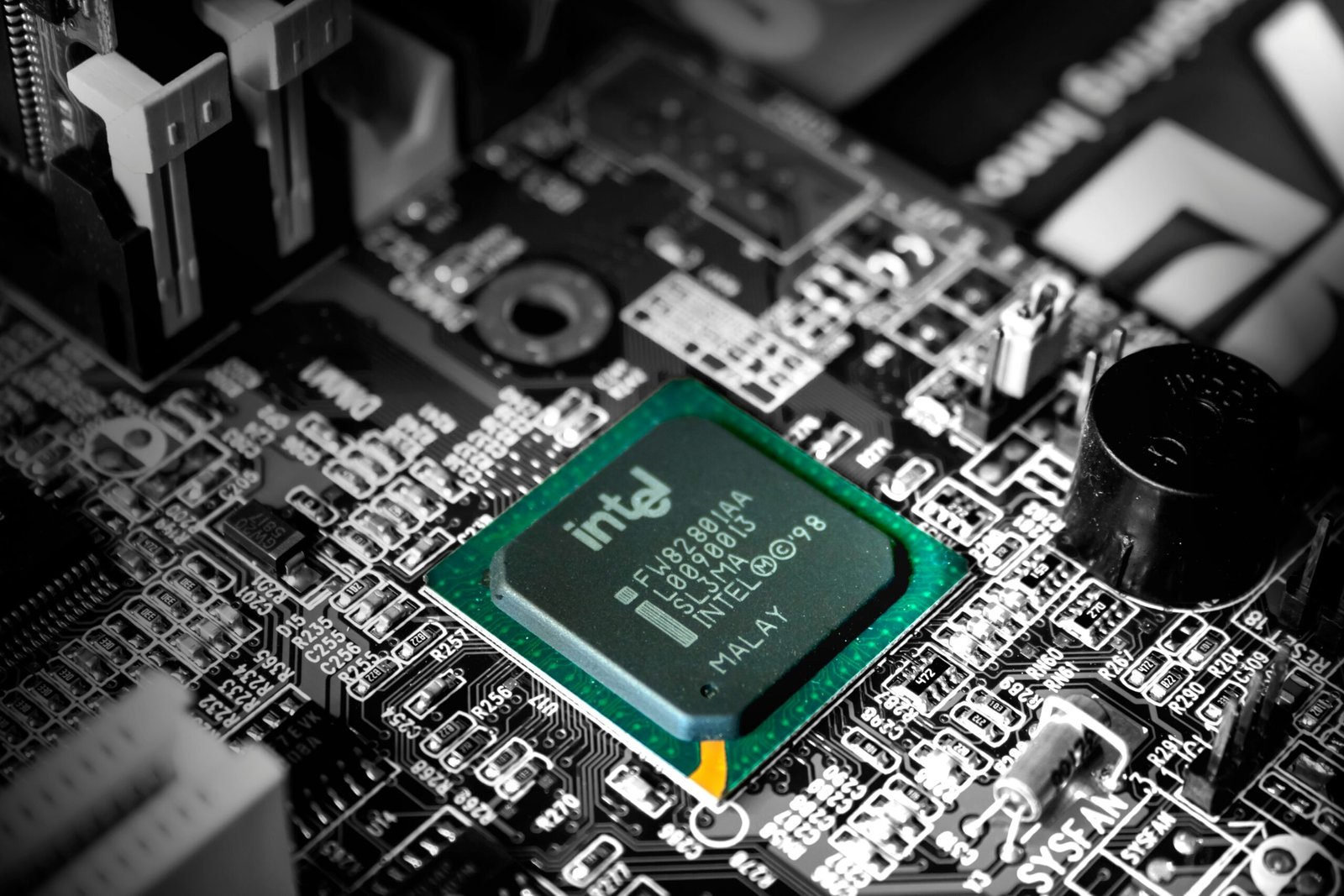Introduction
The evolution of artificial intelligence (AI) has become a compelling topic of discussion in both academic and social circles. As society witnesses rapid technological advancements, the query of whether machines will ultimately surpass human intelligence has emerged at the forefront of public consciousness. This intrigue is fueled by remarkable AI developments that have begun integrating into daily life, reshaping industries, and transforming the way we interact with the world.
In various sectors such as healthcare, finance, and entertainment, AI systems exhibit remarkable capabilities, performing tasks with a level of precision and efficiency that was once the exclusive domain of humans. These advancements have prompted concerns about the implications for employment, ethical considerations, and even the fundamental nature of intelligence itself. The allure of AI lies in its potential to analyze vast datasets, learn from experience, and execute complex algorithms, leading many to speculate on the limits of human cognitive abilities compared to machine learning.
As we delve into the philosophical and practical aspects of this pivotal discussion, it is crucial to understand what distinguishes human intelligence from artificial intelligence. Human cognition encompasses a breadth of emotions, creativity, and moral reasoning that machines struggle to replicate. Conversely, AI excels in specific tasks, such as data analysis and pattern recognition, which raises questions about whether these machines can truly mimic human thought processes or demonstrate autonomous intelligence.
This blog post aims to explore these themes comprehensively, addressing the nuances of AI technology and its implications for the future. Readers can expect to gain insights into the current state of AI, the limitations of artificial systems compared to human capabilities, and the ethical dilemmas posed by the ascendance of intelligent machines. The ongoing dialogue surrounding this subject is not only pertinent to tech enthusiasts but also has broad implications for society as a whole.
Understanding AI and Human Intelligence
Artificial intelligence (AI) refers to the simulation of human intelligence processes by machines, particularly computer systems. These processes encompass learning, reasoning, and self-correction. AI can be categorized into various types, primarily narrow AI and general AI. Narrow AI, the most common form, is designed to perform a specific task, such as facial recognition or language translation. In contrast, general AI aims to carry out any intellectual task that a human can, demonstrating flexibility and adaptability across multiple domains.
Human intelligence, on the other hand, encompasses a complex set of cognitive abilities, including problem-solving, abstract thinking, and emotional understanding. It has evolved over millennia, shaped by both biological processes and cultural influences. Unlike AI, human intelligence is often characterized by creativity, intuition, and the capacity for ethical reasoning. While AI excels at processing vast amounts of data swiftly, human intelligence brings nuance and empathy to decision-making, qualities that machines have yet to replicate reliably.
Both AI and human intelligence exhibit strengths and limitations. For example, in fields like healthcare, AI systems can analyze medical images with remarkable accuracy, providing support for diagnostics. However, they lack the contextual understanding and compassionate aspects vital for patient care that human practitioners possess. Similarly, while AI can optimize complex supply chains using algorithms that outperform human capabilities, it cannot adapt to unforeseen circumstances in a way that human intelligence can. Research indicates that, while AI continues to evolve and improve, certain aspects of human cognition, such as emotional intelligence and ethical considerations, remain out of reach for machines.
Current State of AI Development
The field of artificial intelligence (AI) has witnessed unprecedented advancements in recent years, particularly in machine learning, natural language processing (NLP), and robotics. These technological developments have enabled AI systems to perform tasks that were once thought to be exclusive to human intelligence, raising questions about the capabilities and potential of machines in comparison to human performance.
Machine learning algorithms, especially deep learning techniques, have demonstrated remarkable proficiency in recognizing patterns and making predictions across various domains. For instance, a recent study from Stanford University indicated that specific machine learning models can surpass human experts in diagnosing certain medical conditions, such as skin cancer, by analyzing medical images with greater accuracy. Similarly, NLP advancements have led to the creation of sophisticated AI language models that can understand, interpret, and generate human language with remarkable fluency. These models are now utilized in applications ranging from customer service chatbots to content creation tools.
Robotics, too, has evolved significantly, with AI-driven systems increasingly being integrated into industries such as manufacturing, logistics, and healthcare. In manufacturing, for example, AI-powered robots are optimizing production lines and reducing operational costs while improving precision. According to the McKinsey Global Institute, up to 45% of current work activities could be automated using AI technologies, suggesting a transformative impact on various job sectors.
However, despite these advancements, challenges remain. Ethical considerations surrounding AI deployment, data privacy, and job displacement continue to provoke discussions among policymakers and technologists. The implications of AI integration into society require careful consideration as we navigate this rapidly evolving landscape. As organizations embrace AI, understanding its capabilities relative to human intelligence will be crucial for maximizing its benefits while mitigating associated risks.
The Future: Will Machines Surpass Human Intelligence?
The discussion surrounding whether machines will eventually surpass human intelligence is multifaceted and ongoing, with many experts weighing in on the implications of advanced artificial intelligence (AI). Some futurists predict that as the technology continues to evolve, AI systems will achieve cognitive capabilities that rival or even exceed those of humans. This viewpoint is often underpinned by advancements in machine learning algorithms, neural networks, and vast data processing capabilities, all of which suggest a future where AI could perform tasks traditionally reserved for human intellect.
However, the debate is not solely centered on technological potential. Ethical considerations play a vital role in shaping public perception and regulatory frameworks. Concerns about privacy, security, and the socioeconomic ramifications of widespread automation are prevalent. For instance, as machines are capable of performing more complex tasks, there is the potential for significant job displacement, raising questions about the future role of human workers in an AI-dominated landscape.
Moreover, a concern that many experts express is whether AI can truly replicate the nuances of human intelligence, such as emotional understanding and ethical reasoning. While AI can process information and learn from data at unprecedented rates, replicating the subjective experiences and moral frameworks that inform human decision-making poses a significant challenge. This suggests that machines may assist and augment human decision-making without entirely superseding human intelligence.
As society navigates these waters, it is imperative that we foster discussions surrounding the positive and negative implications of AI’s progression. Inviting public engagement via comments or discussions can facilitate a diverse range of insights. As we move forward, remaining open to the ever-evolving relationship between AI and human intelligence will empower us to better anticipate and adapt to changes that await us on the horizon.




